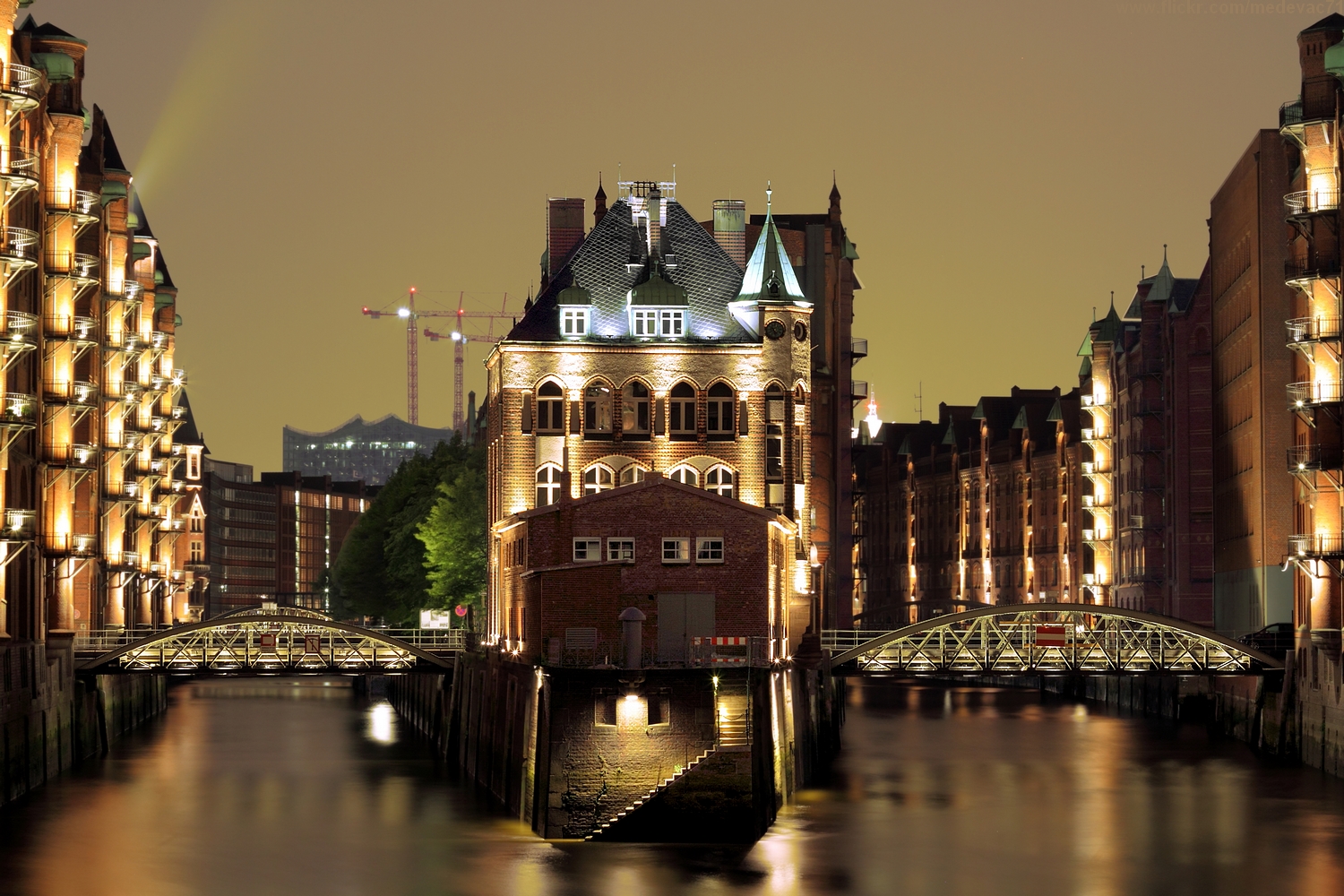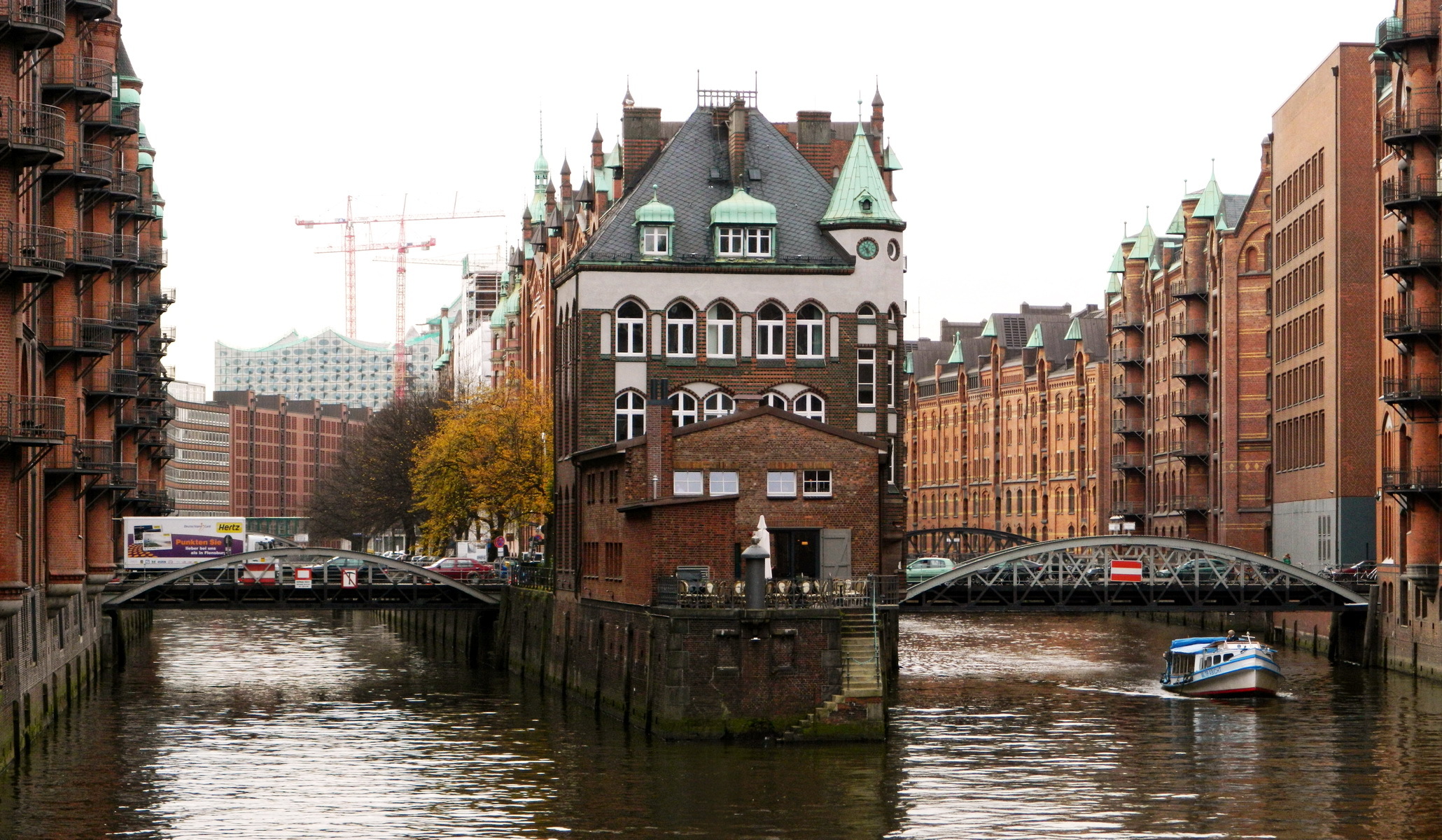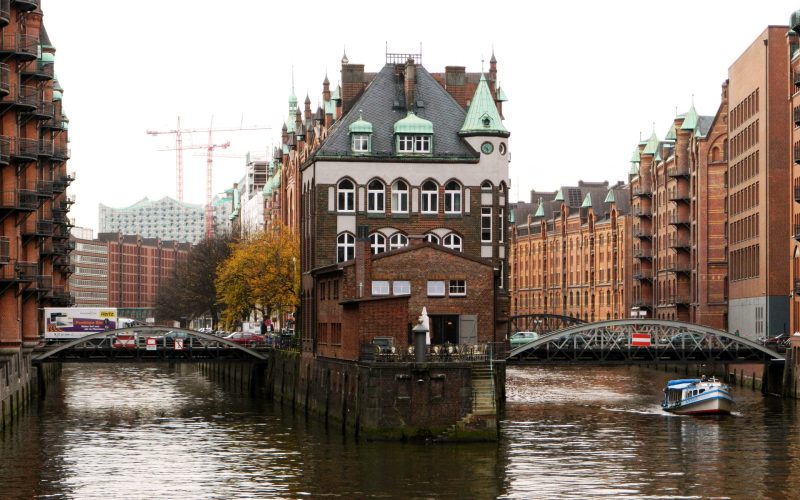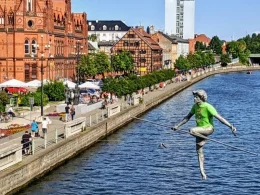Hamburg, Germany’s bustling port city, offers an array of attractions and experiences, but there’s even more to explore just beyond its borders. Venturing out on day trips from Hamburg reveals charming towns, scenic landscapes, and rich histories that provide a fuller picture of the region’s cultural and natural beauty. Whether you’re a history buff, nature enthusiast, or culinary explorer, the areas surrounding Hamburg promise enriching and diverse experiences.
Geographical Information
Hamburg is situated in northern Germany, nestled along the Elbe River. Its strategic location makes it a perfect starting point for exploring various destinations in the surrounding areas.
Climate and Best Times to Visit
The climate in northern Germany can be quite varied. The best times to visit are late spring (May to June) and early autumn (September to October) when the weather is mild, and the tourist crowds are thinner.

Transportation Options from Hamburg
Hamburg is well-connected by an extensive network of trains, buses, and highways, making day trips to nearby towns convenient and hassle-free. Trains are a popular choice due to their efficiency and comfort, while car rentals provide flexibility for exploring at your own pace.
Cultural Insights
Understanding the local customs and traditions can enrich your travel experience. Northern Germany has a unique cultural heritage influenced by its Hanseatic past. Respect for privacy, punctuality, and a love for regional festivals are notable traits.
Regional Cuisine Highlights
The cuisine in northern Germany is hearty and flavorful, with a focus on fresh seafood, meats, and bread. Local dishes often feature ingredients like potatoes, cabbage, and apples, reflecting the region’s agricultural bounty.
Festivals and Events
Participating in local festivals can provide a deep dive into regional culture. Events such as Lübeck’s Christmas market, Lüneburg’s Salt Festival, and the Hamburg Port Anniversary are celebrated with great enthusiasm and offer a glimpse into the local way of life.
Must-Visit Attractions
Lübeck, a UNESCO World Heritage Site, is known for its medieval architecture and historical significance as a major trading city in the Hanseatic League.
- Holsten Tor Gate: This iconic symbol of Lübeck is must-see.
- St. Mary’s Church: A beautiful example of Brick Gothic architecture.
- Buddenbrooks House: A museum dedicated to the famous literary family, the Manns.
Lüneburg
Lüneburg’s well-preserved medieval architecture and cobblestone streets offer a picturesque setting.
Salt Museum
Learn about the town’s historical wealth derived from salt at the German Salt Museum, which offers interactive exhibits and tours.
Schwerin
Often referred to as the “Neuschwanstein of the North,” Schwerin Castle is situated on an island and surrounded by picturesque lakes.
Lakes and Nature
The Schwerin region boasts numerous lakes and natural parks, perfect for outdoor activities like boating and hiking.
Bremen
Bremen’s Market Square is a UNESCO World Heritage Site, featuring the Roland Statue and the stunning Town Hall.
Schnoor Quarter+
This charming area is the oldest part of Bremen, filled with narrow lanes, boutique shops, and cozy cafes.
Stade
Stade’s rich Hanseatic history is evident in its well-preserved buildings and historical sites. Stroll through Stade’s old town to see landmarks such as the St. Cosmas Church and the picturesque Fish Market.
Activities and Experiences
Explore the scenic beauty of the Lüneburg Heath, known for its heathland, forests, and traditional villages.
Exploring the Baltic Sea Coast
The Baltic Sea coast offers beautiful beaches, charming seaside towns, and opportunities for sailing and water sports.
Wine Tasting in the Elbe River Region
The Elbe River region is home to several vineyards. Enjoy a day of wine tasting and learning about the local wine-making traditions.
Cycling Tours in Altes Land
Altes Land, one of Europe’s largest fruit-growing regions, offers picturesque cycling routes through orchards and traditional villages.
Travel Tips
For those planning to extend their stay, there are numerous accommodation options ranging from charming guesthouses to luxury hotels in and around these towns.
Transport and Connectivity
Utilize Germany’s efficient public transport system, including Deutsche Bahn trains and local buses, for hassle-free travel. Renting a car is also a viable option for more flexibility.
Packing Essentials for Day Trips
When packing for day trips, consider the weather and planned activities. Comfortable walking shoes, weather-appropriate clothing, and a small backpack for essentials are recommended.
Safety and Health Precautions
Northern Germany is generally safe, but it’s always wise to stay aware of your surroundings, keep valuables secure, and follow local advice.
Health Precautions
Ensure you have travel insurance and carry any necessary medications. It’s also a good idea to have a basic first aid kit and be aware of local health regulations.
Emergency Contacts and Services
Familiarize yourself with local emergency numbers, such as 112 for emergencies and 110 for police assistance. Most towns have readily accessible medical facilities.

Conclusion
Exploring beyond Hamburg offers a wealth of experiences that highlight the diversity and charm of northern Germany. From historical towns to natural landscapes, each day trip provides a unique glimpse into the region’s rich heritage and vibrant culture. Whether you’re visiting Lübeck’s medieval streets, hiking in the Lüneburg Heath, or tasting wines in the Elbe River region, there’s something for every traveler to enjoy. Embrace the adventure and discover the beauty and history that await just beyond Hamburg.










